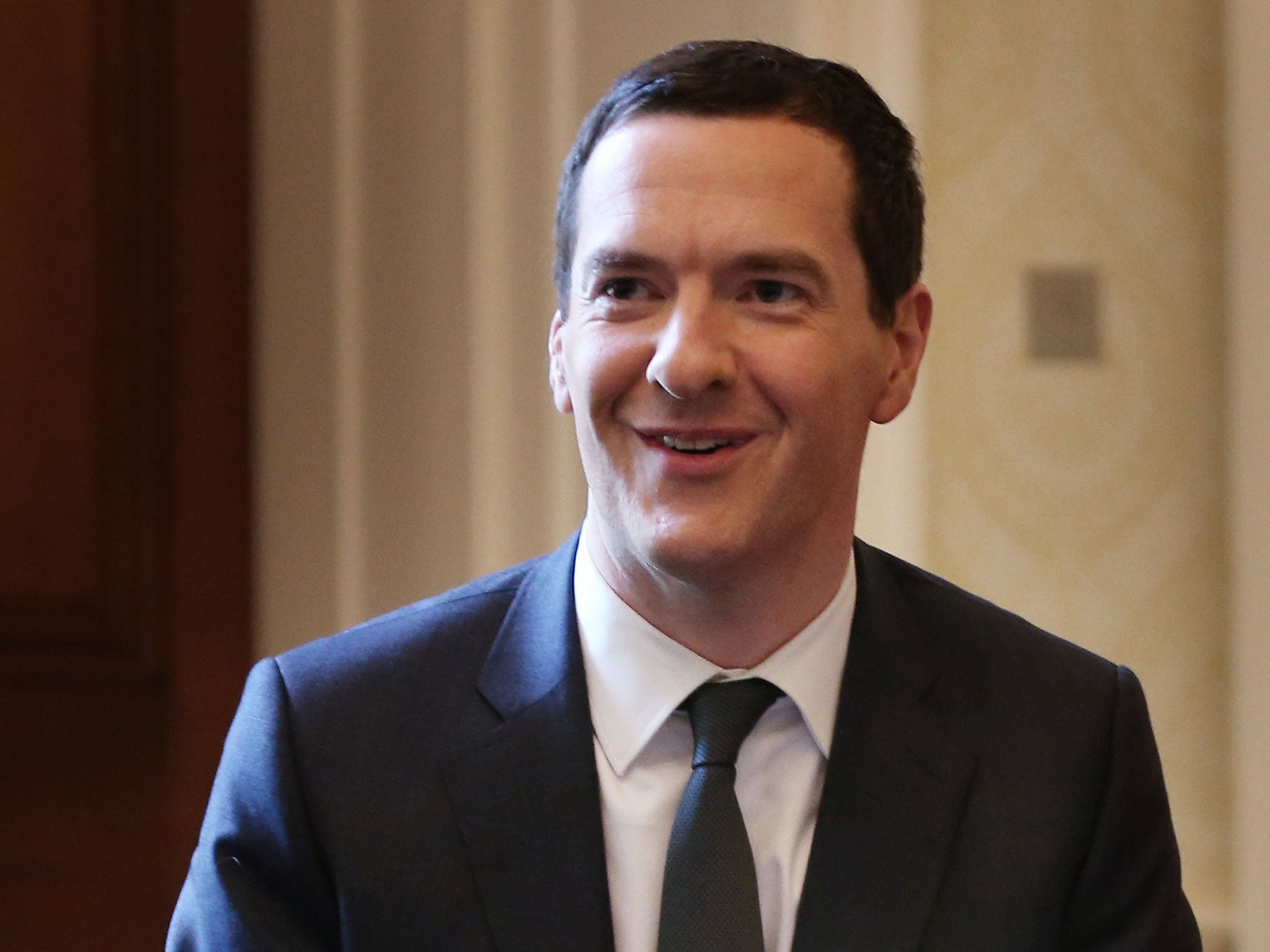EU referendum: 'Brexit' would harm higher education and research, universities claim
Chiefs say EU has had 'overwhelmingly positive' impact on higher education

Your support helps us to tell the story
From reproductive rights to climate change to Big Tech, The Independent is on the ground when the story is developing. Whether it's investigating the financials of Elon Musk's pro-Trump PAC or producing our latest documentary, 'The A Word', which shines a light on the American women fighting for reproductive rights, we know how important it is to parse out the facts from the messaging.
At such a critical moment in US history, we need reporters on the ground. Your donation allows us to keep sending journalists to speak to both sides of the story.
The Independent is trusted by Americans across the entire political spectrum. And unlike many other quality news outlets, we choose not to lock Americans out of our reporting and analysis with paywalls. We believe quality journalism should be available to everyone, paid for by those who can afford it.
Your support makes all the difference.Leaving the European Union would hit the economy, harm scientific research and damage graduates’ job prospects, university vice-chancellors will warn as they launch a drive to rally support behind Britain remaining in the organisation.
They will insist that membership of the 28-nation bloc has had an “overwhelmingly positive” impact on the standard of higher education and has helped to cement the strong global reputation of Britain’s universities.
The intervention of Universities UK in the debate over Britain’s place in the EU comes amid preparations for David Cameron’s promised vote on EU membership being held next year.
It will argue that there are 125,000 EU students at British universities, generating more than £2.2bn for the economy and creating 19,000 jobs, while 14 per cent of academic staff come from other EU nations. Research funding from Brussels is worth £1bn a year, boosting the quality of research, benefiting the economy and helping British academics to tap into a continent-wide pool of knowledge, according to Universities UK.
Despite its political overtones, the campaign has been unanimously endorsed by the board of the organisation, which represents vice-chancellors of 133 universities. It explained that the threat of a “Brexit” had united the higher education sector like few other issues.
Its president-elect, Dame Julia Goodfellow, will tell Monday's launch that the referendum will be “a decisive moment for us all and for the future of our country” and commit university chiefs to playing a leading role in arguing for a Yes vote in the forthcoming referendum.

“The UK’s membership of the EU makes the UK’s outstanding universities stronger, contributing to economic growth, employable graduates and cutting-edge research discoveries,” she will say.
“The European Union supports research, knowledge, innovation and technology – the factors that will decide future economic growth, productivity and human progress. It is in part through our membership of the EU that UK universities are creating employment opportunities and innovations, strengthening the UK’s position in the world.”
Dame Julia, the vice-chancellor of the University of Kent, will accept reforms are necessary in Brussels, but adds: “It is abundantly clear that the UK’s membership of the European Union has an overwhelmingly positive impact on our world-leading universities.”
She will raise doubts over the UK’s continued participation in the Erasmus programme if Britain votes to leave the EU. More than 200,000 students and 20,000 academics have taken part in the EU’s university exchange scheme since its launch in 1987. “This is not about academic tourism but about building networks and absorbing other languages and cultures. These are the insights needed for our students to become the global leaders of tomorrow,” she will say.
Campaigners point to the development of graphene as an instance of Britain reaping the benefits of EU investment. Research on the super-strong material at the University of Manchester received start-up funding from Brussels in 2007 – three years before the team behind it was awarded a Nobel Prize. The global market for graphene is expected to be more than £250m by the middle of the next decade.
Mr Cameron has promised to stage an in-out membership referendum by the end of 2017. He has already spoken to every other EU leader ahead of detailed negotiations over reforms to Britain’s relationship with the EU which he will then put to the electorate.
Government sources have indicated he would prefer to hold the vote next year to avoid getting boxed into a corner on the issue.
The Independent on Sunday reported that he had decided to pencil in next June for the referendum and would announce the date at the Conservative Party conference in the autumn. Sources have insisted that no date had been fixed as the pre-referendum negotiations were only starting.

The Chancellor, George Osborne, arrived in Paris on Sunday night for meetings with French ministers over the renegotiation of Britain’s membership terms. He will argue that the impending referendum provides an opportunity to introduce changes to make the EU more “competitive and dynamic”.
The trip is the first of a series to EU capitals over the next six months by Mr Osborne as officials begin technical discussions on what reforms can be made to accommodate Britain. In his talks in Paris, the Chancellor was setting out four main pillars of the Government’s approach – sovereignty, fairness, competitiveness and immigration.
“We have been returned to office with a very clear mandate to improve Britain’s relationship with the rest of the EU and to reform the EU,” Mr Osborne said. “The referendum here in Britain is an opportunity to make the case for reform across the EU.
“I want to see a new settlement for Europe: one that makes it a more competitive and dynamic continent to ensure it delivers prosperity and security for all of the people within it, not just for those in Britain.
“While the process of renegotiation will not be easy, it’s a key part of this Government’s long-term economic plan. This Government wants the UK to play a leading role within a reformed EU.”
The launch of Universities for Europe, which will take place at University College London, will also be addressed by the shadow Business Secretary, Chuka Umunna, and the Conservative former Home Office minister, Damian Green.
Mr Umunna said: “The voice of universities must be heard loud and clear in the EU referendum debate. Britain is a world leader in higher education. Through our EU membership, we punch above our weight in winning funding for research from the EU, while also benefiting from greater collaboration across borders.
“Intellectual curiosity and the power of university-led research to transform our lives and innovate doesn’t stop at the English Channel.”
Academics warn that “Brexit” would have a serious impact on student numbers as EU nationals would have to submit to tougher visa checks to obtain a place. Universities have already protested that existing rules deter bright young adults from countries such as China and India from taking degrees in Britain.
Join our commenting forum
Join thought-provoking conversations, follow other Independent readers and see their replies
Comments